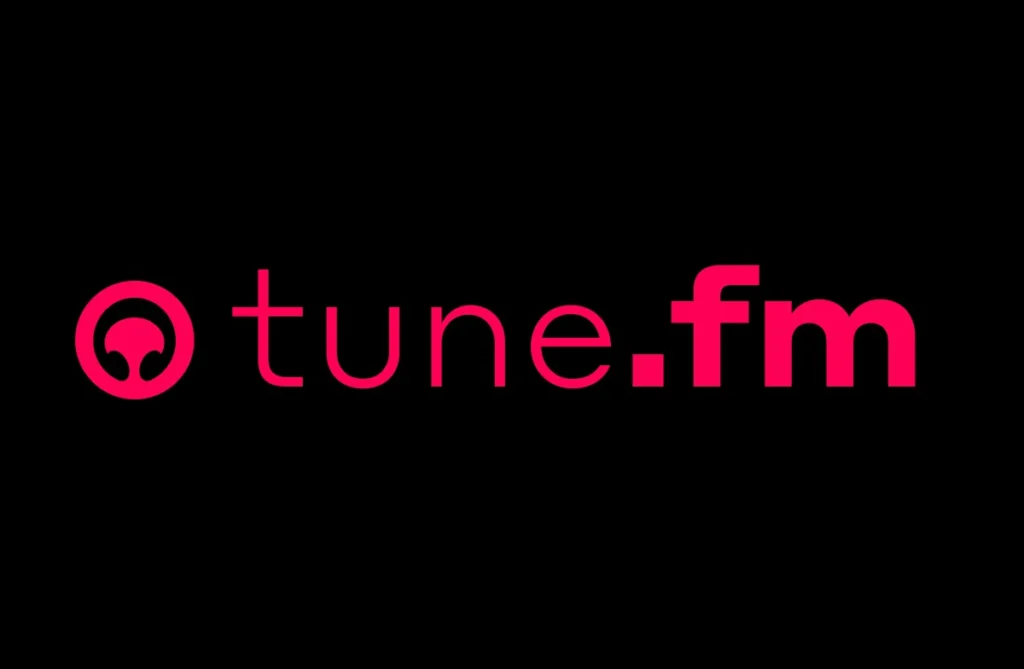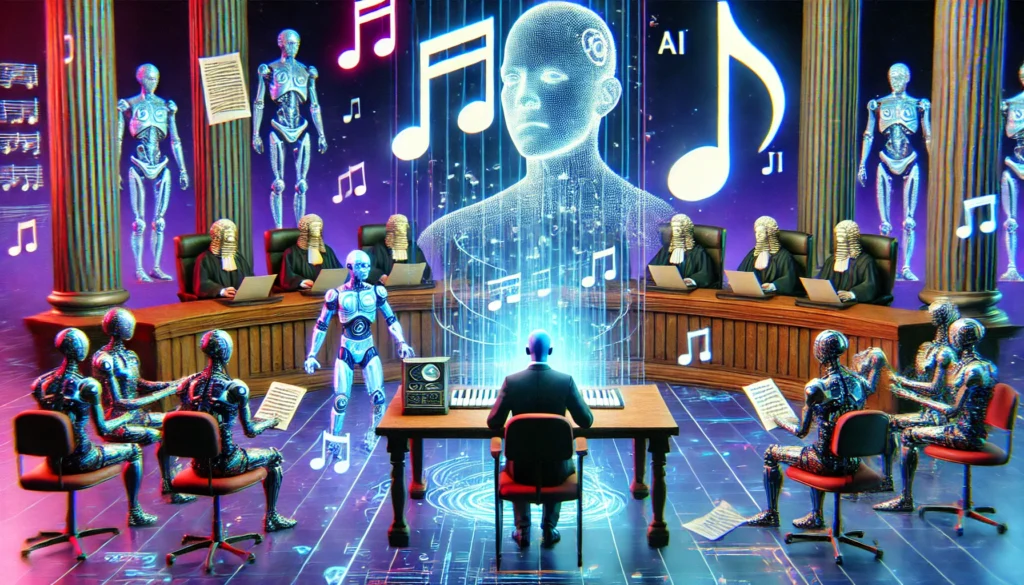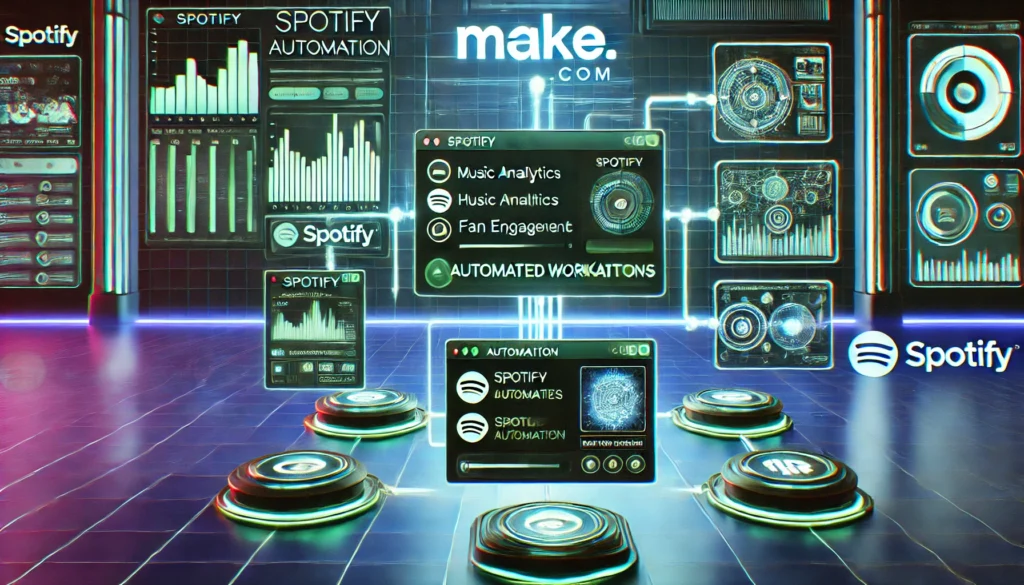Empowering Artists and Fans
Imagine a world where musicians have complete control over their art, earning fair compensation without intermediaries, while fans directly support their favorite artists. This is the promise of decentralized music streaming. Platforms like Audius have already attracted millions of users, proving that artists and listeners are ready for a change.
Traditional streaming services often leave musicians with a tiny fraction of the revenue. In contrast, decentralized music streaming leverages blockchain technology to create a fairer and more transparent ecosystem. Artists receive payments instantly, fans enjoy direct engagement, and the industry shifts towards a more sustainable model.
Key Takeaways:
- Artists retain ownership of their music and earn a larger share of streaming revenue.
- Blockchain technology ensures transparent and fair royalty distribution.
- Fans can directly support musicians using cryptocurrencies and NFTs.
- Decentralized platforms reduce reliance on major record labels and intermediaries.
- Smart contracts automate payments, reducing delays and disputes.
What Is Decentralized Music Streaming?
Decentralized music streaming eliminates middlemen by using blockchain networks, allowing artists to distribute and monetize their work independently. Instead of relying on centralized platforms like Spotify or Apple Music, musicians can upload their music to blockchain-based services, ensuring direct revenue distribution.
How It Works
- Blockchain-based storage ensures music is securely distributed without central control.
- Smart contracts automate payments based on actual streams.
- Cryptocurrency-based rewards allow artists to earn directly from fans.
- Ownership tracking prevents copyright disputes and ensures fair compensation.
This model empowers musicians, benefits listeners, and promotes financial transparency.
Benefits of Decentralized Music Streaming
1. Fair Revenue Distribution
One of the biggest problems in the traditional music industry is unfair artist compensation. Spotify pays artists as little as $0.003 per stream, meaning an artist needs millions of plays to make a living. In contrast, decentralized platforms use transparent smart contracts to ensure fairer payment structures.
- Artists receive payments instantly without waiting months for royalties.
- No middlemen means higher earnings for musicians.
- Microtransactions allow fans to pay small amounts per stream, benefiting independent artists.
2. Increased Transparency
Traditional platforms often obscure how royalties are calculated and distributed. With blockchain technology, every transaction is recorded and verifiable. This eliminates fraud, late payments, and revenue manipulation.
- Immutable blockchain records prevent revenue disputes.
- Open-source platforms allow artists to track earnings in real time.
- No hidden fees or revenue deductions by intermediaries.
3. Enhanced Fan Engagement
Decentralized platforms enable direct artist-fan interaction through unique models:
- Fans can tip artists using cryptocurrencies.
- Exclusive content access via NFTs.
- Artist-owned communities where fans receive rewards for engagement.
This fosters a stronger connection between musicians and their audience.
Leading Decentralized Music Streaming Platforms
1. Audius
Audius is one of the most successful decentralized streaming services. It allows artists to upload music, build a fanbase, and earn revenue in $AUDIO tokens.
- Over 5 million monthly users.
- Decentralized storage and distribution.
- Direct artist-fan engagement without middlemen.
ALSO: What is Tune.FM? The Web3 Music Platform Revolutionizing Streaming Royalties
ALSO: Snoop Dogg Embraces Web3 Music Platform Tune.FM, Leaving Spotify Behind
2. Tune.FM
Built on Hedera Hashgraph, Tune.FM is a decentralized music marketplace where artists earn cryptocurrency per second streamed.
- NFT music marketplace for exclusive releases.
- Smart contract-based royalty distribution.
- Decentralized streaming for independent artists.
3. Tamago
Tamago integrates Web3, NFTs, and peer-to-peer technology, allowing artists to retain control over their content.
- Similar to SoundCloud, but decentralized.
- Artists set their own pricing models.
- NFT-based track ownership.
These platforms represent the future of independent music streaming.
Challenges of Decentralized Music Streaming
1. User Adoption
While blockchain-based streaming is revolutionary, mainstream listeners are accustomed to platforms like Spotify and Apple Music. Encouraging them to switch requires:
- Better user experience on decentralized apps.
- Education about blockchain benefits.
- More partnerships with established artists.
2. Scalability Issues
Blockchain networks struggle with handling millions of users efficiently. Some key concerns include:
- Slow transaction speeds on congested networks.
- High gas fees on Ethereum-based platforms.
- Limited content libraries compared to traditional services.
3. Legal and Copyright Challenges
Decentralized platforms must navigate complex copyright laws and licensing agreements. Solutions include:
- Smart contracts for transparent licensing.
- Artist verification systems.
- Decentralized dispute resolution mechanisms.
Despite these hurdles, continued innovation will make decentralized streaming more accessible and efficient.
ALSO: How to License AI-Generated Music
The Future of Music Streaming
Decentralized music streaming is still in its early stages, but it has the potential to reshape the industry. With ongoing advancements in blockchain technology, Web3 applications, and digital ownership, we can expect:
- More mainstream adoption as platforms improve usability.
- Higher artist earnings through direct payments and NFTs.
- Greater decentralization to ensure artists remain in control.
- Integration with the metaverse for immersive music experiences.
As platforms like Audius, Tune.FM, and Tamago evolve, they will challenge traditional streaming giants.
Conclusion
Decentralized music streaming is more than just a trend—it’s a revolution. By leveraging blockchain technology, smart contracts, and cryptocurrency payments, these platforms empower musicians, reward fans, and create a more transparent, fair, and artist-friendly industry.
If you’re a musician looking for better revenue opportunities or a fan who wants to support artists more directly, exploring decentralized music platforms is the way forward. The industry is shifting, and early adopters will benefit the most.




